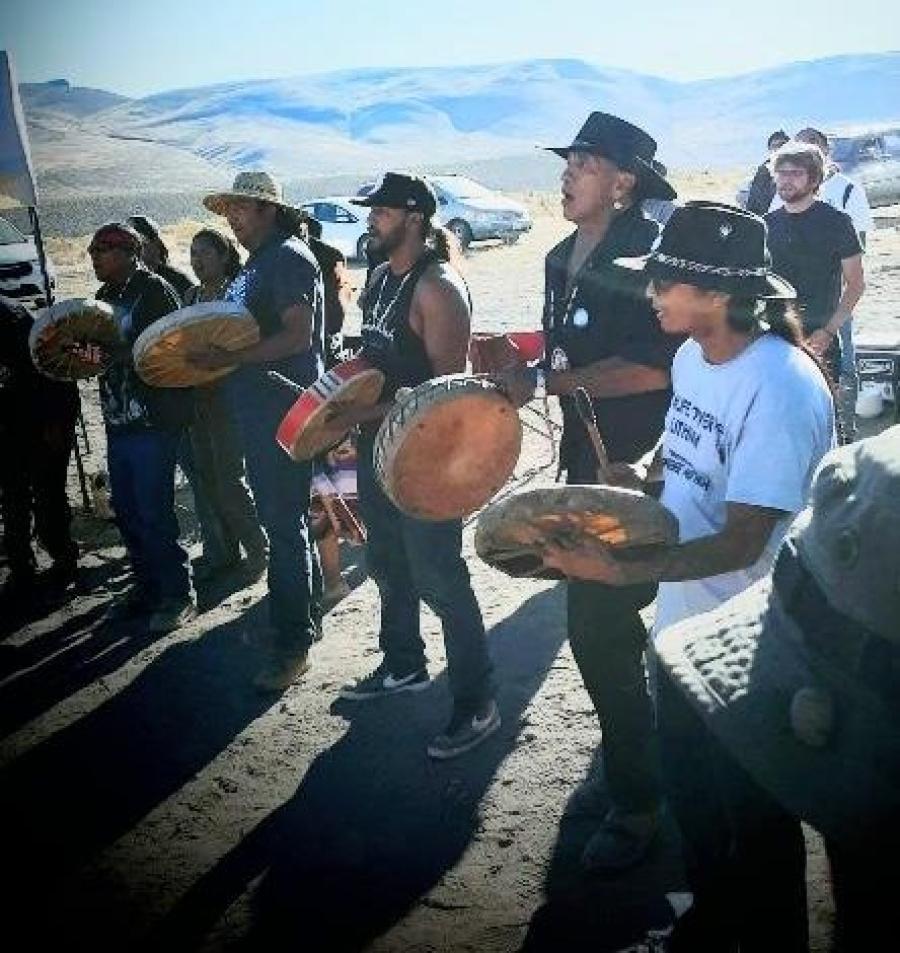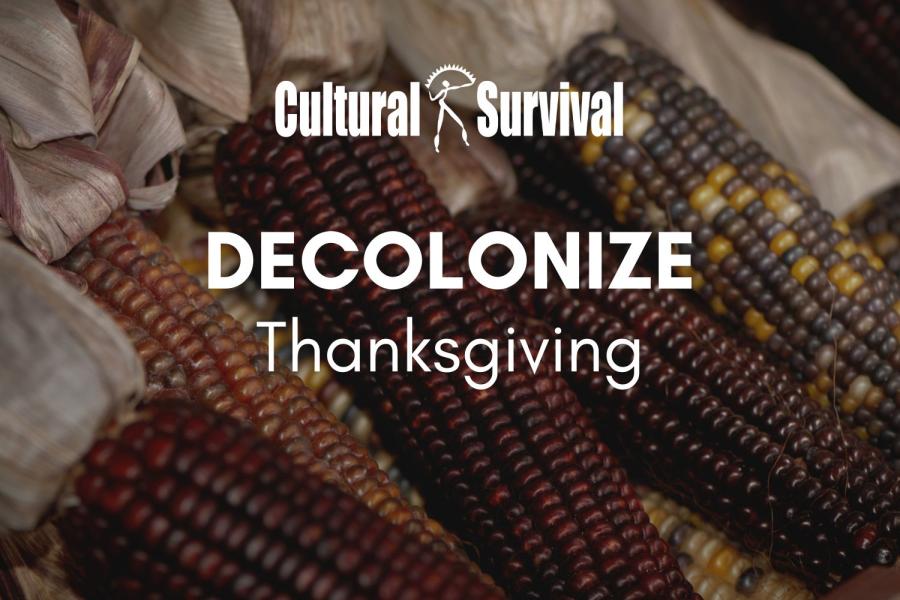After long deliberations, on November 15, 1998, a historic arrangement went into effect at the Grand Portage National Monument in Grand Portage, Minnesota. The Grand Portage Band of Minnesota Chippewa and the National Park Service agreed that they would collaborate on the maintenance operations at the monument.
Grand Portage National Monument was a fur trade site in the late 1700s. The area was a major gateway into the interior of North America, as well as an important link between Lake Superior and the surrounding inland system of lakes and rivers. The North West Company formed their headquarters at Grand Portage during the late 18th century and it became a summer rendezvous point for traders, agents, partners, and American Indians.
Discussions and negotiations between the Grand Portage Tribe and the National Park Service took place over two years before a decision was made that joined the two groups. Norman Deschampe, the Tribal Chairman, worked out the details along with Tribal Attorney Jim Hamilton. Timothy Cochrane, Superintendent at Grand Portage National Monument, was one of the principal representatives for the National Park Service during the negotiations, along with Albert Kashinski from the Department of Interior and James Loach of the Park Service.
While negotiations between tribal groups and the federal government have taken place in the past, this is the first agreement to actually go into effect involving primary operations at a National Park. The Grand Portage Band will be in charge of all maintenance work at the monument and will be dressed in their band uniform, rather than the green and gray uniforms worn by National Park Service workers.
Timothy Cochrane feels that this agreement will affect the whole Park Service, as well as other governmental agencies. A decision like this influences traditional activities regularly performed by the Park Service; it opens the door for fundamental partnerships in the day to day operations.
An important aspect of the Monument is its native heritage, therefore, it only seems natural that a local indigenous group be involved in the daily events. Historically, many Chippewa were involved with the fur trade and lived on lands that later became part of the Monument. According to Cochrane, "It will be a good working relationship to have the Grand Portage Band involved in what we do rather than divorced from the operations. It is a part of their history and a part of who they are."
While this is a great opportunity to develop good relations between the Park Service and American Indians, Cochrane worries it will not be looked on favorably by traditionalists in the Park Service. Ignoring the contextual totality of the situation, some Park Service workers are ignorantly asking: "Are we giving away National Parks?" Ultimately, this arrangement is a precedent-setting resolution with the potential to change the way National Parks are run across the United States.
Article copyright Cultural Survival, Inc.



